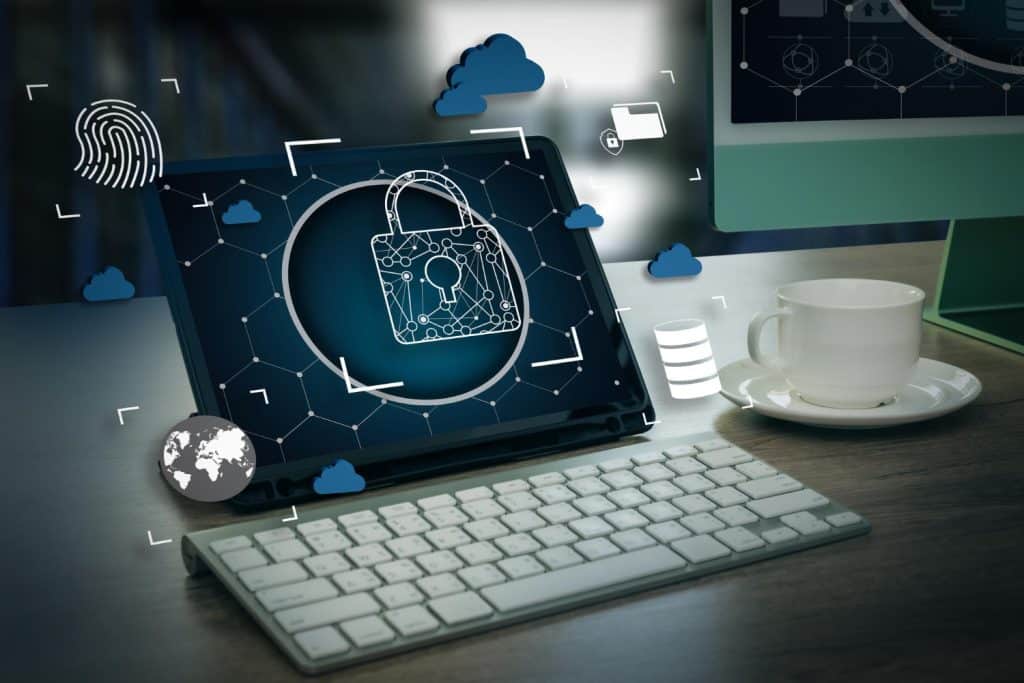Protect Your Online Privacy with VPNs
In today’s digital age, ensuring online privacy and security is paramount. With the ever-increasing cyberattacks, data breaches, and surveillance threats, individuals and businesses seek practical solutions to safeguard their sensitive information. One such solution that has gained widespread popularity is the Virtual Private Network (VPN).
What Exactly is a VPN?
Think of a VPN as a secure tunnel between your device and the internet. When you connect to a VPN server, your internet traffic is encrypted and routed through this tunnel, effectively masking your IP address and location. This encryption ensures that your online activities remain private and secure from prying eyes, such as hackers, government agencies, or internet service providers (ISPs).
Why Should You Use a VPN?
There are several compelling reasons to use a VPN:
- Enhanced Privacy: By encrypting your internet traffic, a VPN prevents third parties from intercepting and monitoring your online activities.
- Bypass Geo-Restrictions: A VPN allows you to access geo-blocked content and websites that may be restricted in your region.
- Secure Public Wi-Fi: Your data is vulnerable to interception when connected to public Wi-Fi networks, such as cafes or airports. A VPN encrypts your connection, protecting sensitive information from potential hackers on public networks.
- Avoid Internet Censorship: In countries where internet censorship is prevalent, a VPN can bypass these restrictions and provide unrestricted access to the Internet.
Choosing the Right VPN Provider
With many VPN providers available, selecting the right one can be overwhelming. Here are some factors to consider when choosing a VPN:
- Security Features: Look for VPNs that offer robust encryption protocols, a no-logs policy, and additional security features like kill switches and DNS leak protection.
- Server Locations: Ensure that the VPN provider has a wide range of server locations across the globe to access geo-restricted content effectively.
- Speed and Performance: Opt for VPNs that offer fast and reliable connections to minimize any slowdown in your internet speed.
- User-Friendly Interface: Choose a VPN with an intuitive interface and user-friendly applications for seamless use across various devices.
In conclusion, VPNs are indispensable for safeguarding your online privacy and security. By encrypting your internet connection and masking your IP address, VPNs provide a secure and anonymous browsing experience. However, choosing a reputable VPN provider that prioritizes user privacy and offers robust security features is essential. With the right VPN, you can browse the internet confidently, knowing your sensitive information remains protected from potential threats.
Read Also:














